Keywords: Homelessness Week
There are more than 24 results, only the first 24 are displayed here.
Become a subscriber for more search results.
-
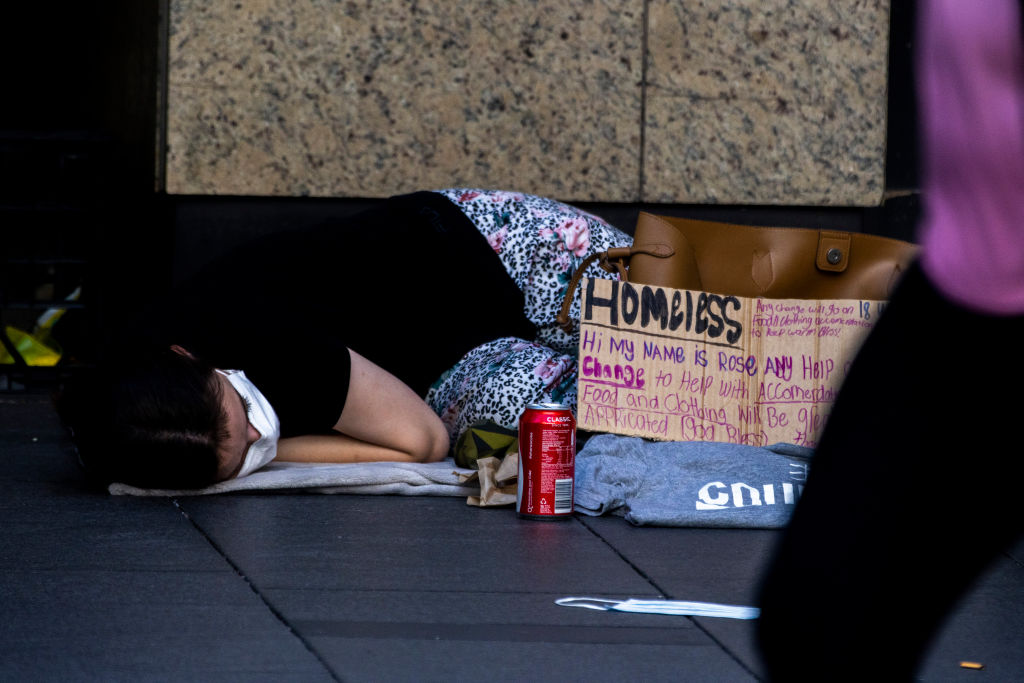
AUSTRALIA
- Andrew Hamilton
- 04 August 2022
8 Comments
It is easy to view homelessness from a distance as only a failure of economic policy and of the political responsibility to deliver material goods. A home, however, is more than a house. It connotes connections that are central to humanity. Left without a home people are deprived of more than bricks and mortar; they are diminished in their humanity.
READ MORE 
-
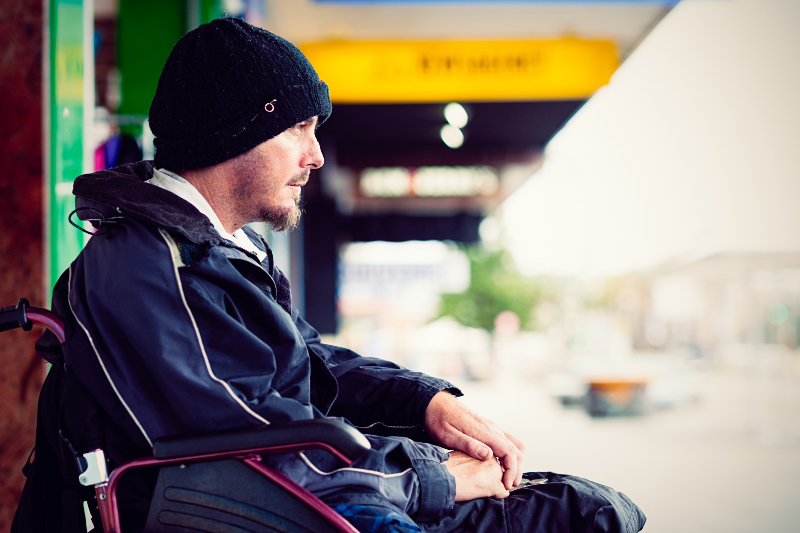
AUSTRALIA
- Claire Victory
- 19 May 2022
1 Comment
There is an Australia that many people seldom encounter and its citizens number in the millions. These citizens live in all cities and regional towns, often in sub-standard yet costly housing, and struggle to survive week to week on low wages or inadequate government assistance.
READ MORE 
-

AUSTRALIA
- Anthony N Castle
- 18 May 2022
8 Comments
I was invited to a party the night of the 2019 election. The night’s entertainment was invite-only, with long tables of bread and wine, and I stepped back from the sounds of celebration to hear the political coverage on my phone. Standing at the far window, I looked up to see people in the night below, out in the dark, silent. Behind me a party guest shouted over the noise ‘what happened?’ I looked away from those outside and answered: a loss.
READ MORE 
-
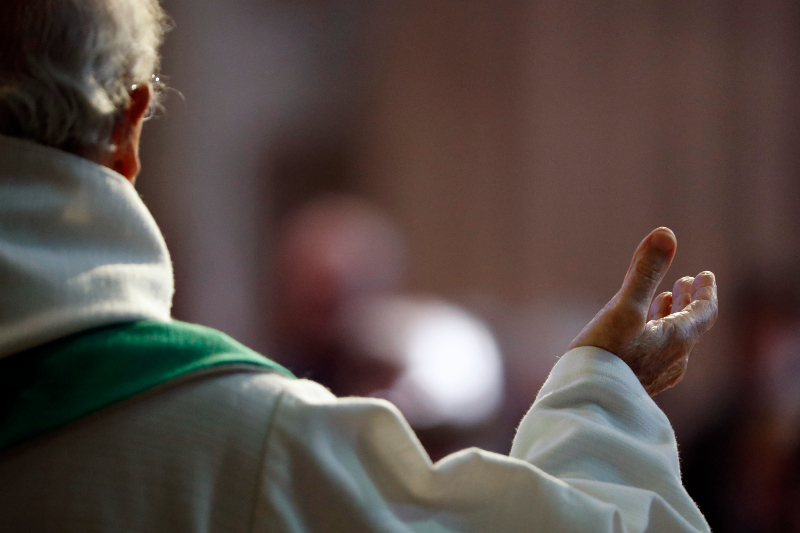
RELIGION
- Andrew Hamilton
- 03 May 2022
9 Comments
We should not underestimate the difficulty that people who represent independent branches of the same organization face when drawing up an agreed statement on contentious issues. Even the widely applauded Uluru Statement from the Heart did not secure the support of all Indigenous groups. If the Bishops Statement was to be effective it had to be supported, or at least tolerated, by all members of the Conference, despite their differing views about political and church issues and the priority that should be given to them in advocacy.
READ MORE 
-
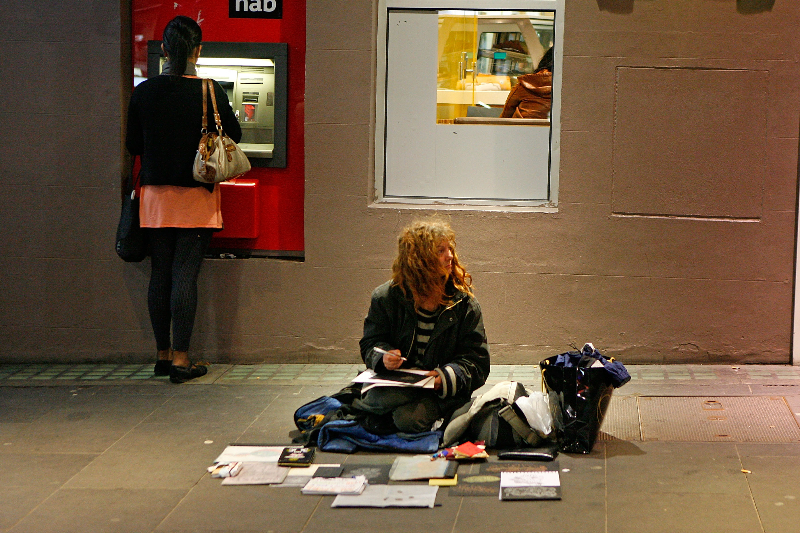
ECONOMICS
- John Falzon
- 04 January 2022
7 Comments
When you put rising housing costs alongside stagnating wages, an alarming trend in normalising insecure work, persistent unemployment and underemployment, and statutory incomes that are going backwards in real terms, there’s good reason to be deeply worried about an increase in homelessness.
READ MORE
-

ECONOMICS
- John Falzon
- 10 August 2021
13 Comments
When you put rising housing costs alongside stagnating wages, an alarming trend in normalising insecure work, persistent unemployment and underemployment, and statutory incomes that are going backwards in real terms, there’s good reason to be deeply worried about an increase in homelessness.
READ MORE 
-
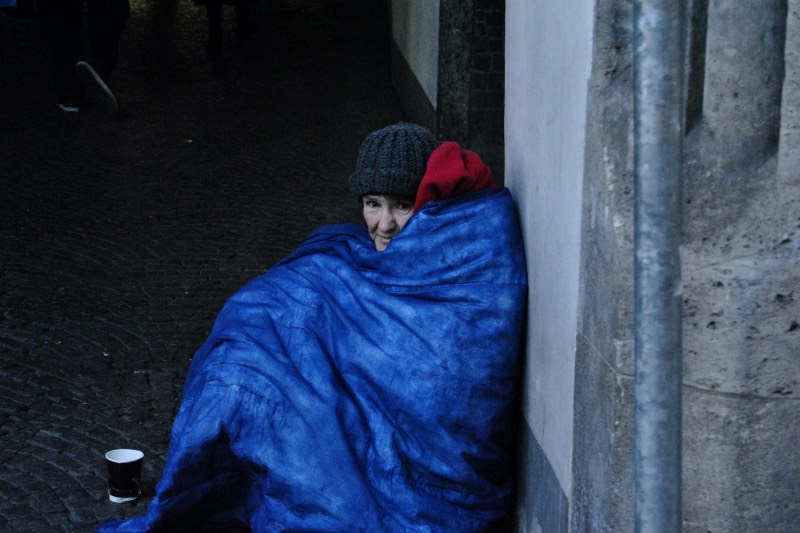
AUSTRALIA
- Michele Madigan
- 13 May 2021
9 Comments
A state government has an obligation to do what is possible within the limits of state resources to help its people, to make the state an inclusive place where all have access to essential services and housing. However, over the last few weeks, with the announcement of the funding restructure for homelessness services, this idea of a fair go seems to have dissipated.
READ MORE 
-

AUSTRALIA
- Justin Glyn
- 02 March 2021
Hearing 11 of the Commission has looked at how Australia’s justice system treats people with disabilities. The intersection between disability and the criminal justice system is, unfortunately, not a happy one.
READ MORE 
-

AUSTRALIA
- Cristy Clark
- 22 October 2020
4 Comments
It would be really easy to ‘both-sides’ these debates, but that would present a false equivalence. Surely, if we have learned anything from this year’s lockdowns, we should have gained a far greater appreciation of the importance of community access to outdoor space — and, therefore, of spatial justice?
READ MORE 
-

AUSTRALIA
- Andrew Hamilton
- 06 August 2020
12 Comments
If they are to enlist the support of their people in acting responsibly in the face of coronavirus, governments must themselves practice responsibility. They must look to the good of the whole community, and especially to disadvantaged people who are at the greatest risk of contracting the coronavirus.
READ MORE 
-

AUSTRALIA
- Kate Galloway
- 13 May 2020
2 Comments
Over the weekend in most Australian states, rules requiring people to stay home were relaxed somewhat. The country has commenced its easing of the significant restrictions on venturing out in public. As we begin to reacquaint ourselves with life outside, it is useful to reflect on the new resonance of ‘home’ — but also on its inherent limits.
READ MORE 
-

AUSTRALIA
Disabled people, and those that love them, have told the latest hearing of the Disability Royal Commission about their experiences in the health system. Neglect, abuse, violence all featured, with medical people and systems often talked about, not as caring health professionals, but as callous and cruel.
READ MORE 